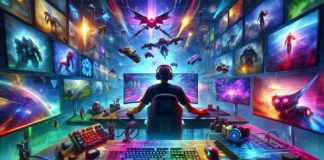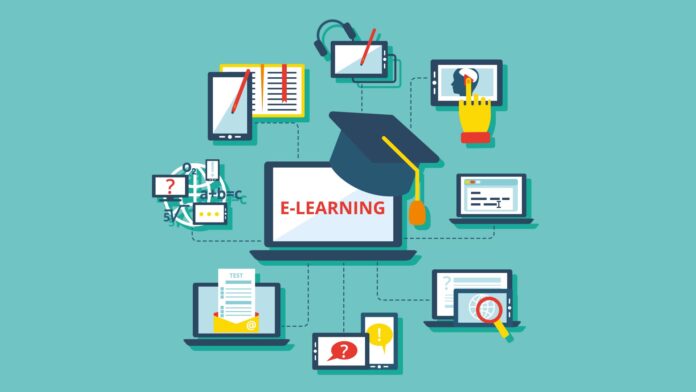
Faced with the global pandemic, all of us had to resort to some unorthodox ways to learn and grow. You could argue whether the global health crisis has been a blessing in disguise in some ways, but one thing is certain, we’re learning to adapt and overcome and that is especially true when it comes to education. Considering how we’re not able to fill up the classrooms with students and have classes as we’ve had before – things had to change.
In most countries around the world – the school’s in the session via the internet. Kids, teenagers, and students, all over the world, are sitting in front of their computers, listening to their teachers from the comfort of their own home. For some, mostly young kids – that is a new experience. They haven’t had a chance up until now to attend online classes, so for some of them, it could be a little difficult to adapt to it. As far as older, high school kids or university students go, the transition hasn’t been that rough, in most cases, as many of them have had some similar experiences.
Now, we have to ask ourselves. Is this the future of learning? Is the old system, in fact, old and outdated? What does the future hold when it comes to educating our children and ourselves? Many would say that the future is, in fact, online and that e-learning is the way to go. It’s been a while since any major changes have been made in the education department. A lot has changed over the course of the last 100 years or even more, yet somehow, the educational model has remained unchanged. That is somewhat alarming.
However, even prior to the social distancing and home-schooling 2.0, some changes in perspective have been happening. People have started noticing that simply graduating from a university might not be enough. A lot of people have been learning on their own, they’ve been expanding their skillsets and broadening their interests – all in favour of a better, richer life.
All of that has created numerous currents and trends that are slowly, but surely, starting to shape our future. More precisely, it’s starting to affect how we perceive and approach learning and education. So, with this new perspective in mind, let’s take a look at some of those trends that are set to shape up our future.
1. People Choosing Not To Enrol Into College
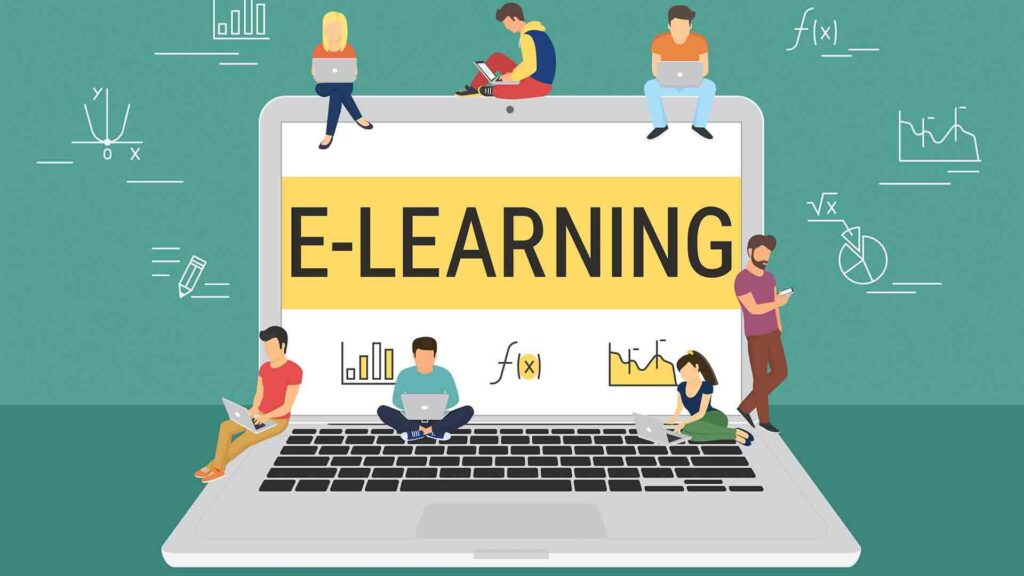
One of the most common trends nowadays is people skipping college or any form of higher education. This is mostly fuelled by tales of successful businessmen like Musk or Gates or social media entrepreneurs not graduating and pursuing their dreams without a bachelor’s degree. It sounds scary, but it’s not like people are just quitting on their education by the time they turn 20. Those young people do continue to learn and grow each day – just on their own terms. That brings us to our next trend…
2. Online Courses

Online courses have been around for quite a few years now. Unfortunately, not a lot of people have paid attention to it. Now that they finally do, we can all start to appreciate the greatness of it. We all know that not everyone has the same talents, nor interests. That’s why we should be able to tailor our education to our own needs, and online courses allow us to do just that. Gooroo Courses, for example, is an online, subscription-based educational company that allows you to experience various courses, taught by experts and enthusiasts in their respected fields and broaden your horizons. It is places like these that allow people to grow on focus on their strengths.
A person shouldn’t waste years of their life forcing themselves to learn things they will never use, nor be good at, just to get a passing grade. Instead, they should allocate their time doing something they are passionate about and are good at. Which leads us to… Check over here to know what online teaching jobs you can study from anywhere in the world.
3. Personalized Education
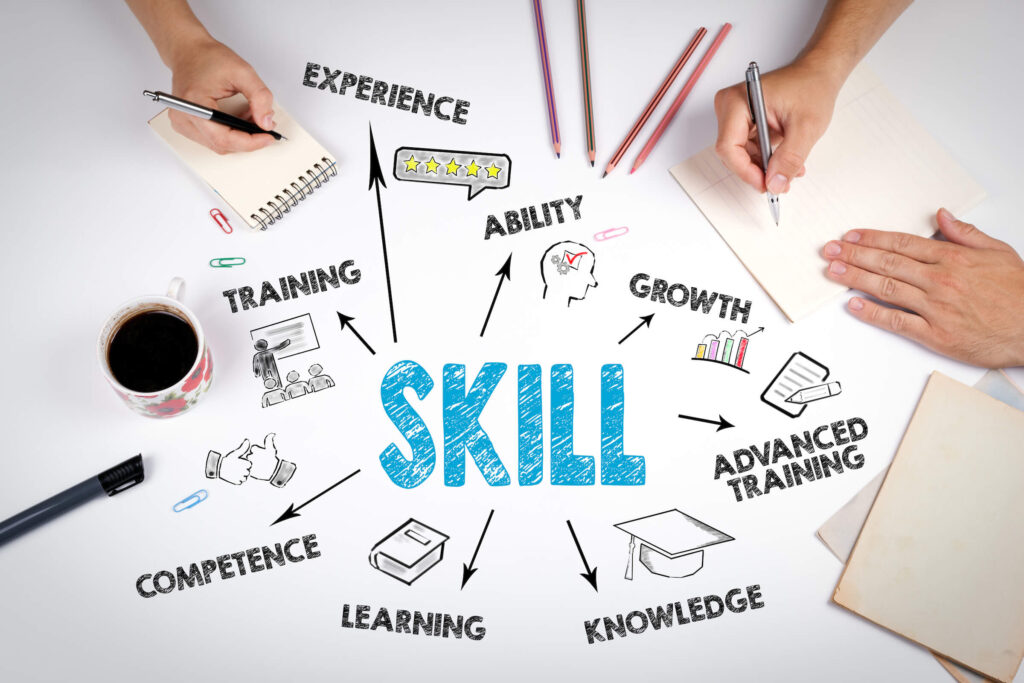
Many education experts agree, that in the foreseeable future, we could move on to a more personalized, individualized form of education. That doesn’t mean that the traditional way will become obsolete, learning the basics and fundamentals will still be the same for everyone. How else will we get to experience all of it and see what we’re good at and interested in?
What this means is, that after a certain assessment or observation, we could get to experience a more personalized approach. An approach like this would allow everyone to learn at their own pace. Meaning, individuals with learning disabilities wouldn’t have to try and keep up with others under usual circumstances but would be catered to with special care and tools to ensure easier learning. Creative individuals would be pointed in the direction which would nurture and develop their creative side and so on. In other words, you wouldn’t force a math-wiz who cannot draw and would rather work on complex equations to waste it’s time drawing and painting and vice versa.
4. Micro-schools

The concept of micro-schooling is tightly connected with the concept of personalized education. The idea behind it is to have a small class, of no more than 5 students, with similar interests and abilities, which would allow teachers to focus more time on each individual student. That would mean easier learning, communication and overall growth while also retaining a sense of belonging to a group or a class as an ordinary class would.
5. Focusing More On Creativity
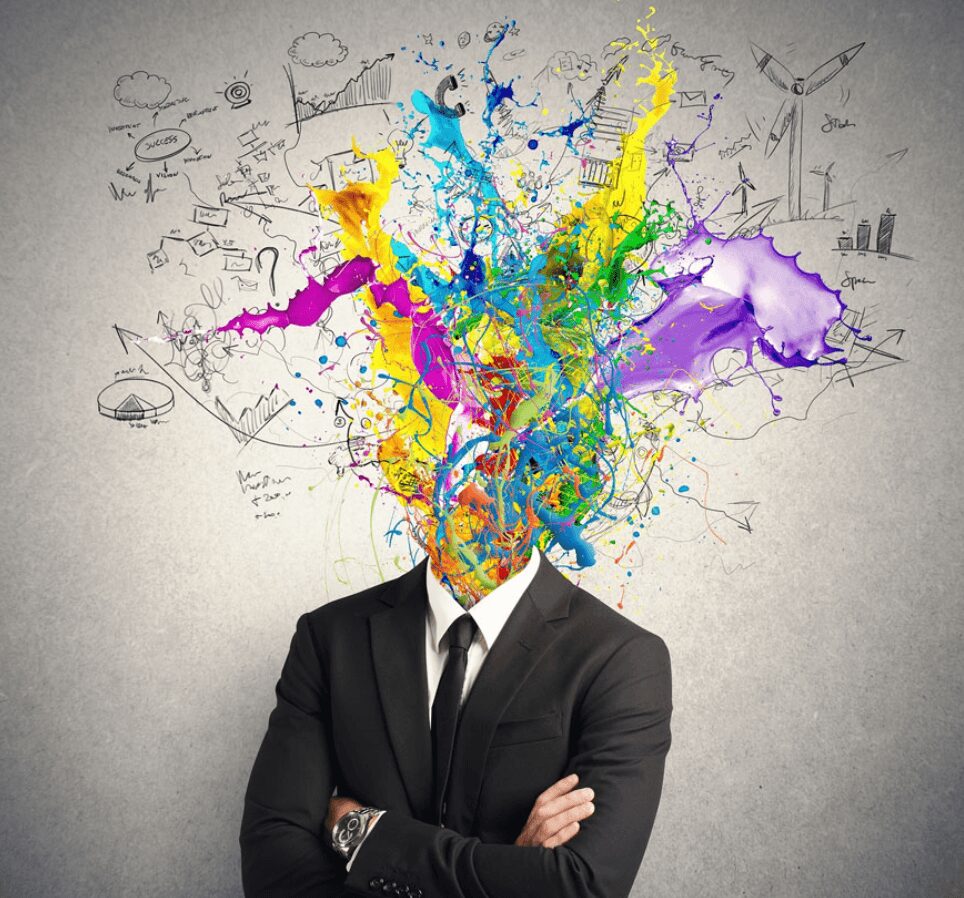
Whether by design, or not, the fact it – creativity has been somewhat suffocated through traditional schooling. The STEM approach has had some great results over the years, but it has a major flaw of being too exclusive when it comes to arts. As much as we need scientists and engineers, we need artists, too. So, in recent years, a slight focus shift has happened and art and creativeness are slowly making its way back into a classroom. Being creative is one of the key elements of human development and it seems like it’s about to shape a new way we approach education.
At first, online schooling and e-learning seemed scary, but it was all we had. However, as it turns out, it might be the best thing that happened to school since the invention of the summer break. What the future holds, we cannot now. But from what we see, it looks pretty good.




